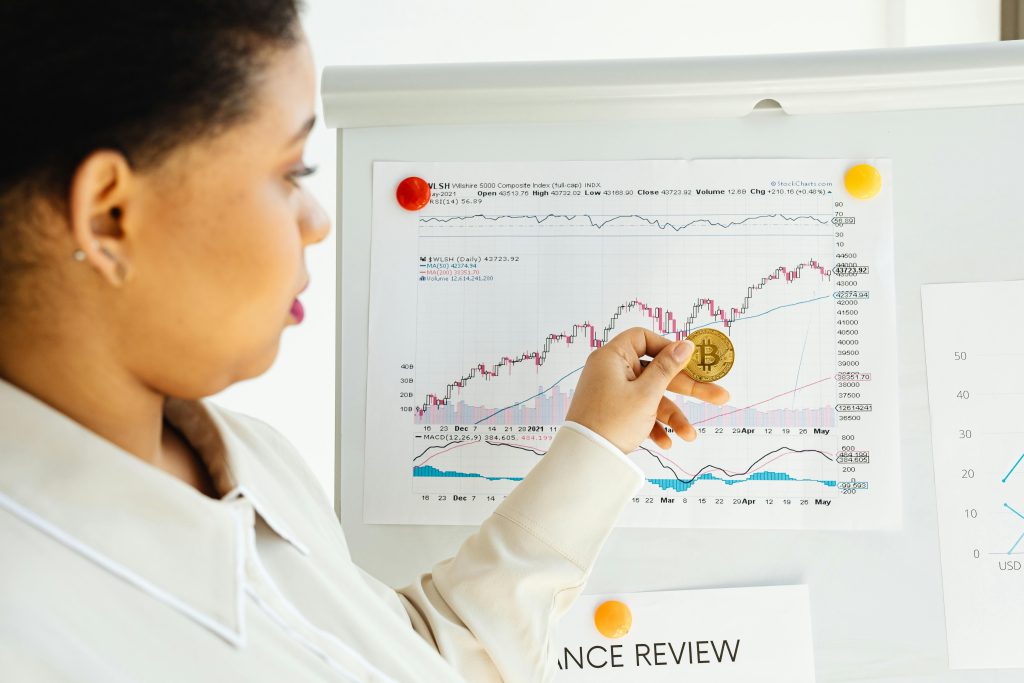While blockchain is best known for powering cryptocurrencies like Bitcoin and Ethereum, enterprises are now exploring its real-world applications far beyond finance.
At its core, blockchain is a distributed ledger that records transactions securely, transparently, and immutably. This makes it perfect for supply chain transparency, identity management, contract automation, and fraud prevention.
Take supply chains, for example. A retailer can trace the entire journey of a product—from raw material to shelf—ensuring authenticity, ethical sourcing, and quality control. IBM’s Food Trust blockchain, used by Walmart and Nestlé, is already doing this.
In legal and financial services, smart contracts automatically enforce rules and trigger actions without intermediaries. This cuts down on paperwork and manual approvals.
Blockchain is also transforming digital identity. Governments and enterprises are working on decentralized ID systems where individuals control their own data—improving privacy and security.
While challenges like energy consumption and regulatory uncertainty remain, enterprise blockchain networks like Hyperledger and Quorum offer private, efficient, and scalable alternatives to public blockchains.
As the technology matures, it’s clear blockchain will play a pivotal role in building trust, automating operations, and enhancing transparency across industries.



